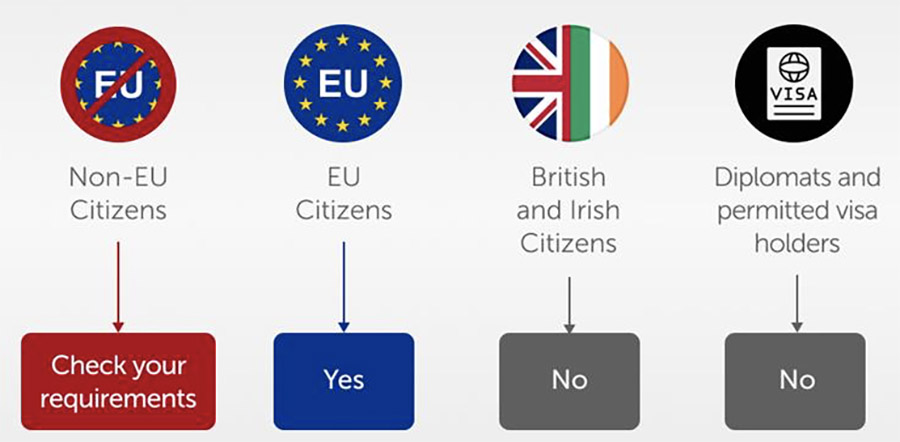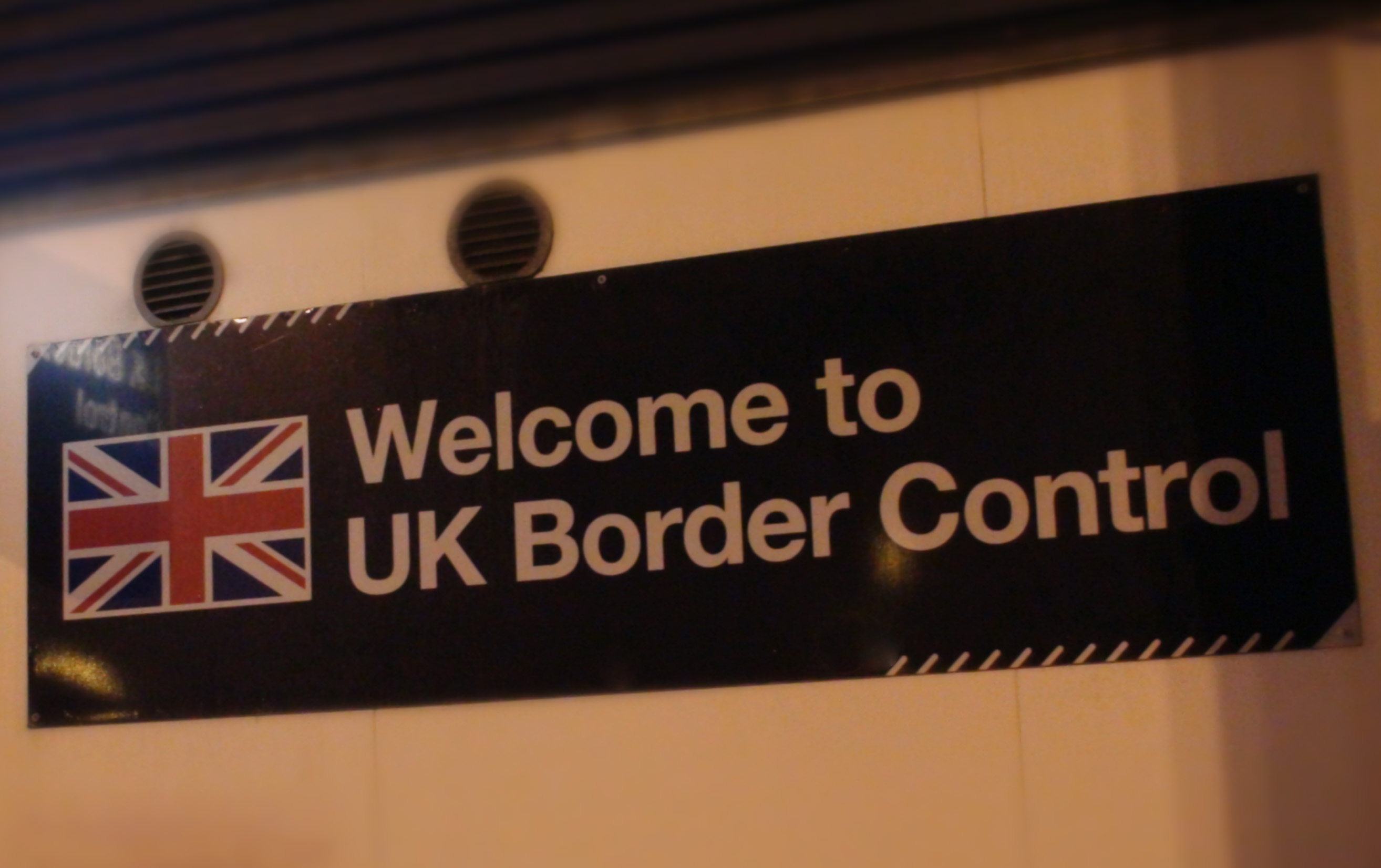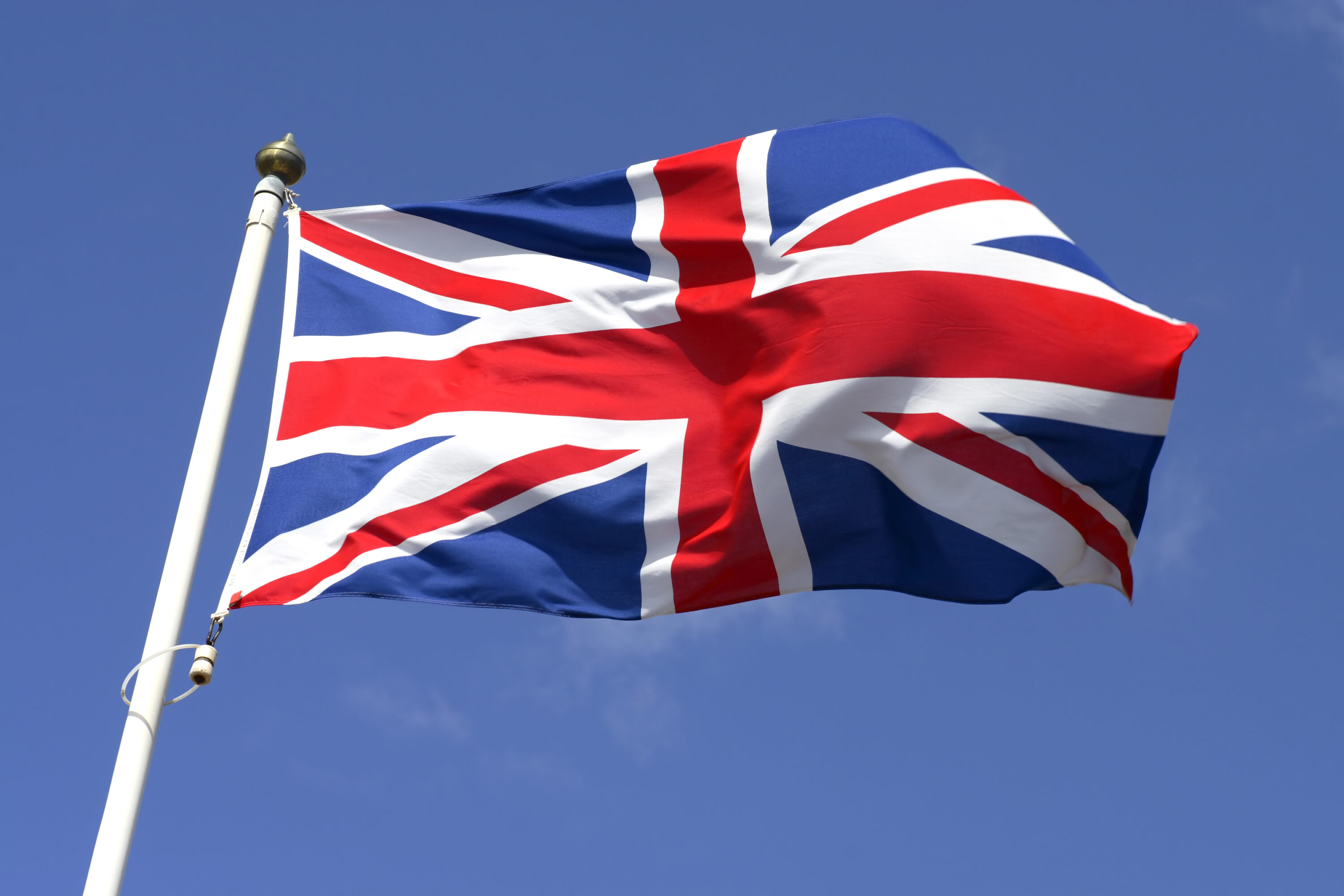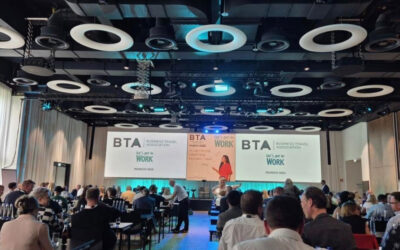The UK Government recently announced their plans to transform the UK border by introducing more streamlined, digital systems. It’s a move with progressive ambition: the improvements are planned to enhance the experience of travellers and make entering and leaving the UK far more efficient.
As part of this digital transformation, the Government are developing an Electronic Travel Authorisation (ETA) scheme, like the approach taken by countries such as Australia and the US towards border security.
In this article, we take a deeper look at ETAs and provide you with a rundown of everything you need to know ahead of the rollout in 2025.
What is an ETA?
Put simply, an ETA is permission to travel to the UK for people without a visa. It will replace Electronic Visa Waivers (EVW) required by travellers from certain nations, making UK visits cheaper and longer-lasting.
From 2025, anyone travelling to the United Kingdom will need an ETA regardless of the purpose of the visit. Unless you are exempt, you must apply for a UK ETA before you travel. Visitors from several countries (see below) will need an ETA to:
- Come to the UK for up to 6 months of tourism.
- Come to the UK for up to 3 months on the Creative Worker visa concession.
- Transit through the UK, even if they are not going through UK border control.
Each qualifying traveller will require an ETA, including babies and children.
NATIONALS THAT WILL REQUIRE AN ETA
Passengers with a British or Irish passport, diplomats and those already granted permission to enter or remain in the country, will not need a UK ETA to travel to the UK.
EU nationals can apply for a UK ETA from 5 March 2025, to enter the UK on or after 2nd April 2025.
Non-EU nationals will need either a UK ETA or a visa to travel to the UK, depending on the length and purpose of their visit. They can apply for an ETA now, for travel to the UK on or after 8th January 2025.

How Does an ETA Work?
An ETA will be electronically linked to an individual’s passport. Those that require an ETA will be able to apply through a new ‘UK ETA app’ or via the gov.uk website at a cost of £16 per applicant.
When applying for an ETA you will be expected to:
- Pay the £16 application fee
- Provide passport details
- Provide a valid photo
- Answer a set of questions.
A decision will be made within 3 working days, upon which the ETA remains valid for two years or until the holder’s passport expires.
What if I’m a Resident of Ireland?
Those who are legally resident in Ireland and are of a nationality that does not usually require a visa to enter the UK will NOT be required to obtain an ETA when travelling to the UK from a Common Travel Area – provided they hold an exemption document.
In Summary
The new Electronic Travel Authorisation (ETA) scheme is part of a plan by the UK Government to streamline the process of entering the country for people without a visa.
Nationals from non-EU countries wil be the first to take advantage of the scheme, with travellers able to apply via an official ‘UK ETA app’ which promises a decision within 3 working days.
Related Articles
Fly Further with United Airlines
We recently caught up with our friends at United Airlines to learn what they’ve been up to and discover all the new products, services, and innovations that business travellers can enjoy. This includes details about MileagePlus programme – your ticket to the world, with the most ways to earn and use miles of any U.S. airline loyalty program.
Everything You Need to Know About EES
A new system called the Entry/Exit System (EES) will come into force across the Schengen area, introducing new digital checks at the border. Understanding what this means, what you need to do when travelling, and how it fits into wider EU border changes is essential for anyone planning a trip to Europe. In this guide to the EES, we give a comprehensive overview of everything you need to know, from the stages of its introduction and how it will affect your travel.
Key Takeaways From the BTA Conference 2025
We give a rundown of all the key talking points from the BTA Conference in Munich, including rethinking what it means to be a business traveller in the modern world and the needs of the next generation to tackling the complexities of blended travel and the importance of new technology.
LET’S TALK
Fill in the form below and we’ll get back to you as soon as we can.




